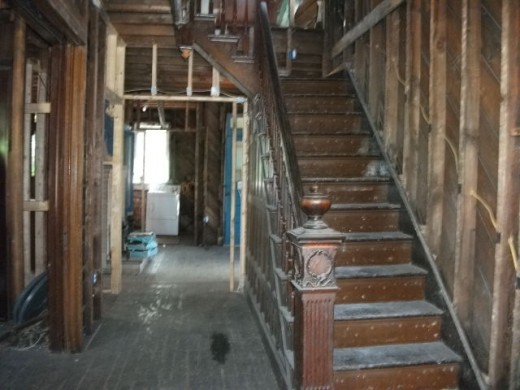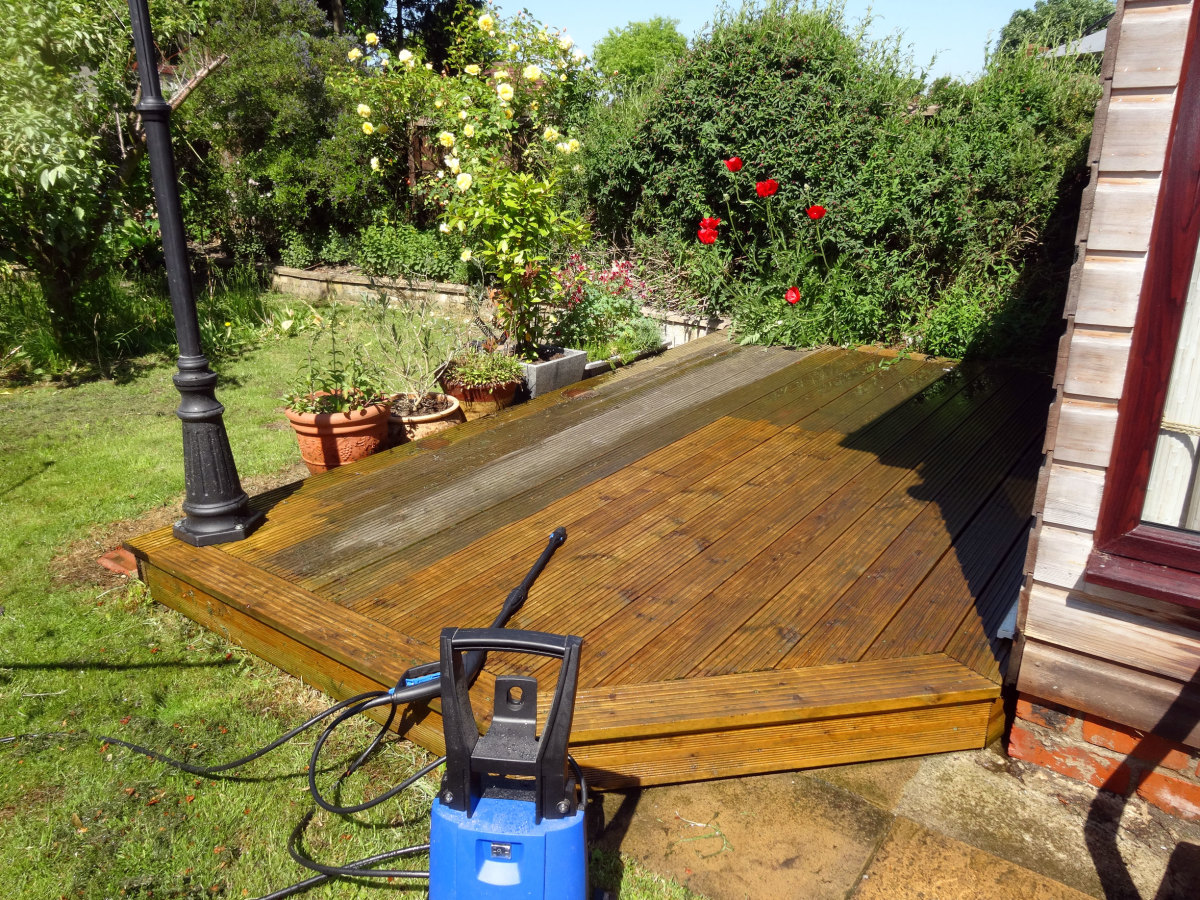Hiring A Home Improvement Contractor for Your Next Project

HOME IMPROVEMENTS AND YOUR CONTRACTOR.
Are you hiring a contractor to renovate your home, add a room or make some other improvement. It can be a confusing maze of contracts, licenses, permits and payment schedules. The suggestions listed below can help guide you through the process. It is also recommended that you review the Hub authors other article entitled, "Are You Making These Home Building Mistakes."
1. Compare costs by getting more than one estimate or bid. Each estimate should be based on the same building specifications, building materials, furnishings, and time frame.
2. Before choosing a contractor, check with state, county, local magistrate, and consumer protection agencies to see if any complaints have been filed against the contractor. Ask about information on unresolved cases and how long a contracting company has been in business under its current name. In the state of Pennsylvania contractors are required to be registered and insured for the minimum amounts.
3. Ask a potential contractor for a list of previous customers whom you could call to find out about work quality and if they would hire that contractor for future work. You can also check with Angie's List. While reference and personal experience are the best speaking with inspectors and requiring contractors to furnish the information you request is a good way to weed out some bad contractors.
4. Check with your local building inspections department to see what requirements are needed in the jurisdiction (location) you are located in and to learn any information they may have regarding an inspection.
5. Before signing a written contract, be sure it includes the contractor's full name, address, phone number and professional license number (where required), a thorough description of the work to be done, grade and quality of materials to be used, agreed upon starting and completion dates, total cost, payment schedule, warranty, how debris will be removed and any other agreement information. It is highly recommended that an attorney review the agreement however depending on the project it may not be necessary. You will have to be the judge on this particular matter.
6. Most contractors have liability and compensation insurance to protect the customer from a lawsuit in the event of an accident. Ask to see a copy of the insurance certificate and have them provide a copy with you as an insured on the home improvement project.
7. If the work requires a building permit, let the contractor apply for it in his name That way, if the work does not pass inspection, you are not financially responsible for any corrections that must be made. Do not pay any contractor any final payments when a final inspection certificate from the municipality has not been furnished.
8. When you sign a non-emergency home improvement contract in your home and in the presence of a contractor (or contractor's representative), you usually have three business days in which to cancel the contract. You must be told about your cancellation rights and be provided with cancellation forms. If you decide to cancel, it is recommended that you send a notice of cancellation by certified mail, return receipt requested. Check with the laws in your state for what your rights are regarding the contract and other matters.
9. If your home remodeling job involves many subcontractors and a substantial amount of money, it is wise to protect yourself from liens against your home in case the contractor does not pay subcontractors or suppliers. If state law permits, add a release-of-lien clause to the contract or place your payments in an escrow account until the work is completed. You can also require proof that all sub-contractors have been paid. Again it is wise to consult a competent attorney to protect your interests before a problem arise's or can arise.
10. If you cannot pay for a project without a loan, add a clause to your contract stating it is valid only if financing is obtained. It is best not to sign until you are sure how the project or improvement will be paid.
11. When signing a contract, limit your first payment to not more than 20-30% of the contract price. The remaining payments should depend on the progress of the work. Ten percent of the contract amount should be held back until the job is complete and all problems, if any, are corrected. Some states have home improvement laws that specify the amount of deposit and payment schedule Check with your state and local consumer protection agency and or an attorney to learn what is best and required in your state.
12. Do not sign off on the contractors work until all inspections are complete, all work is done, and you are satisified.
Good luck on your home improvement project. Please read my articles that can help you.








